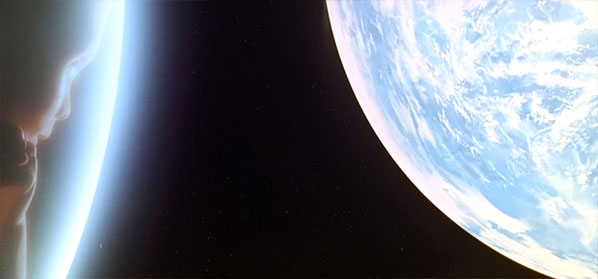Sixth Sunday in Ordinary Time, February 11, 2024
(click here to listen to or read today’s scriptures)
Student … householder … forest dweller … holy fool
Whatever you do, do everything for the glory of God.
Erik Erikson imagined eight stages of human life, from infancy to old age. Thomas Merton and Richard Rohr, among others, see at least two: the “first half” of life when we seek success and the “second half” of life when we let it go in favor of spiritual surrender and maturity. Ron Rolheiser writes of three stages: “essential” discipleship as we grow into adulthood, “mature” discipleship as we struggle to give our lives away, and “radical” discipleship when we strive to give our deaths away.
I turn to you, Lord, in time of trouble, and you fill me with the joy of salvation.
These thinkers study sociology, theology, psychology, history and anthropology. And they look to religions in countries around the world for ideas about how we can live. One model from India, continues to catch my attention. It suggests four stages of a well-lived human life.
- The student. I will be a student in the earliest decades of my life, certainly until I marry. During that time I learn how to read, write and manipulate numbers, how to put principles before privilege, how to respect those around me, how to speak and how to listen. Look at the classes in elementary and high schools. I have time to work through those tasks, and in order to set a right foundation I must take that time. Of course I also have time to play, and God knows this is as important as any of the rest.
- The householder. Rolheiser points out in Sacred Fire that in much of the world puberty is arriving sooner and marriage often arrives later. But marriage, job, home building, raising and caring for children, and then eventually caring for aging parents who once cared for you fill up your life. Pick one from that list, and it can easily take all your time. But then there’s another, and another, and another. The householder struggles to hold himself or herself together. Learning to rely on God’s strength, patience, love and forgiveness isn’t an option as it was for the student. But how can I spend time with God when I’m so busy? All the hundreds of books suggesting ideas are tempting, but who has time to read them?
- The forest dweller. But in time, as the kids leave to make their own families, as the parents pass away, as the finances and job settle and become more stable, you and your partner can begin to seek a deeper path. You can spend more time in the forest, in the deep spiritual waters that have beckoned you for years. You can read more, write more, listen more, and pray more. There is no longer any hurry, if indeed there ever was. You realize what you’ve always wanted, to not just not just know but actually FEEL like a child of God. The surrender of your ego and its successes becomes easier, little by little.
- The holy fool. Rolheiser points us to Jesus, who after all the priceless, incomparable healing and preaching of his life, also …
gave his death – through his passivity, through absorbing in love the helplessness, diminutions, humiliations, and ultimate loneliness of dying. Like Jesus, we too are meant to give our lives away in generosity and selflessness, but we are also meant to give our deaths away, not just at the moment of our deaths, but in a whole process of leaving this planet in such a way that our diminishment and death is our final, and perhaps greatest, gift to the world. Sacred Fire, p. 19
Last night I watched parts of 2001: A Space Odyssey. Kubrick takes us through the “dawn of man” into 2001, when Hal the computer built in Urbana rebels against its human space captain and is shut down, and finally to an undetermined age, when the captain (somewhere on Jupiter perhaps) moves quickly from youth to middle age to old age to death and once again into new life, within a beautiful transparent womb.

Surely Stanley Kubrick, along with all the theologians and sociologists who develop theories about the stages of human life, took hikes and sat along lakes, watched the rise and fall of forests. Surely they knew the beauty and mystery of animals and plants which conceive, mature, die, decay, and become new life.
Whatever you do, do everything for the glory of God.
It’s all good. It’s all God. Day by day.
(Leviticus 13, Psalm 32, 1 Corinthians 10, Luke 7, Mark 1)
(posted at www.davesandel.net)
#